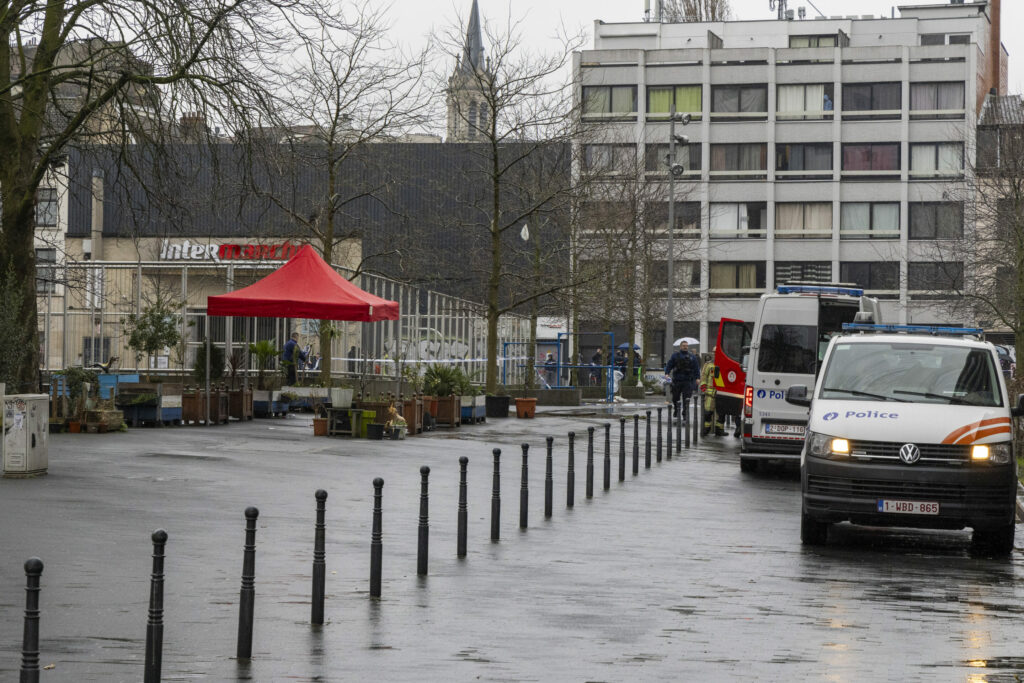Mayors from three districts in the Brussels Midi zone have requested additional police support from Interior Minister Annelies Verlinden (CD&V).
The plea, which was co-signed by Jurgen De Landsheer, the police chief of the zone, as well as mayors Jean Spinette (Saint-Gilles), Fabrice Cumps (Anderlecht), and Mariam El Hamidine (Forest), highlighted that half of the defined "hotspots" in the regional drug plan are based in their territory.
They reported that safety situations in their town’s districts have deteriorated significantly over recent weeks.
The mayors are using unprecedented administrative police measures, teaming up with all security stakeholders and increasing on-the-ground visibility to mitigate the situation. They emphasised putting these actions into effect as their utmost priority, especially as measures initially introduced in Peterbos, Anderlecht, in partnership with the Brussels public prosecutor’s office and federal judicial police, are showing positive results.
The officials insist these efforts desperately need to continue and expand into the three municipalities’ hotspots. They advocate that the majority of their zone’s police force be deployed in these areas, arguing that this is key to restoring calm to their districts.
This will not be achievable unless local officers are freed from other duties – such as concert at Forest Nationale, football match support at Union Saint-Gilloise and Anderlecht, European summit security, and prison strike management.
However, organisations working on the ground do not believe the new measures will be effective. "We're appalled," Christophe Collin, the director of Dune, a non-profit organisation working in Porte de Hal with drug users, told La Dernière Heure. "The measures will create a kind of 'racial profiling', with whole communities pushed into areas of deprivation, where there is no social support."
He believes that "in the end, this plan is designed to combat the visible nuisance caused by drug trafficking, but not the traffic itself".

